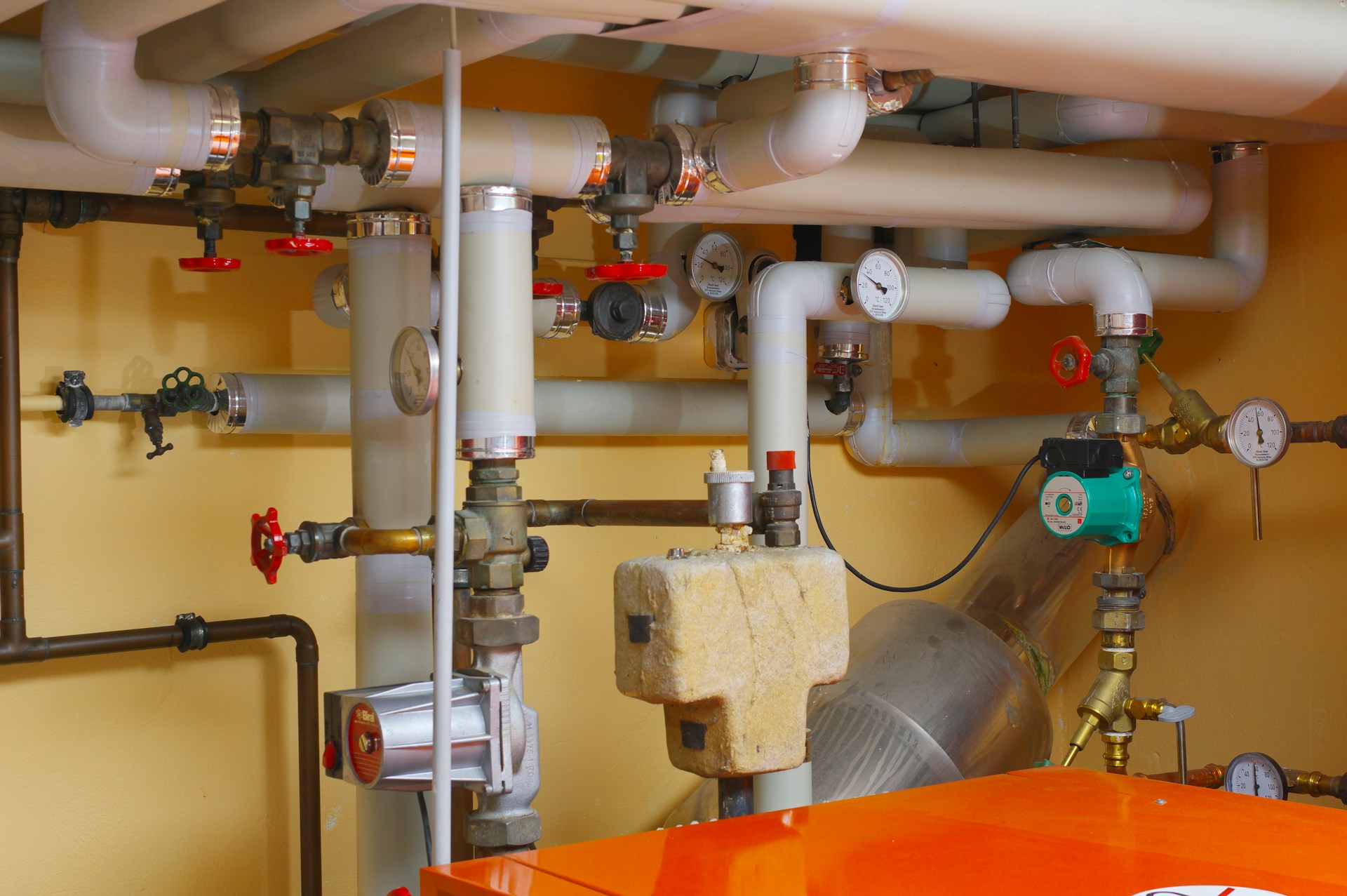The Essential Guide to Maintaining Your Home’s Plumbing System
Key Takeaways:
- Learn the importance of regular plumbing maintenance.
- Discover common plumbing issues and how to prevent them.
- Understand when to call a professional plumber.
Introduction
Maintaining your home’s plumbing system is crucial for ensuring everything runs smoothly. Regularly checking your pipes and fixtures can prevent costly repairs and significant damage. Good residential plumbing practices are essential for a healthy home. This article will provide tips and insights on keeping your plumbing in top shape to avoid those dreaded emergency plumbing calls.
A well-maintained plumbing system saves money and contributes to a stress-free living environment. Unexpected plumbing issues can cause significant disruptions to your daily life, from minor inconveniences like leaky faucets to severe problems like burst pipes. By staying proactive with maintenance, you can ensure that your plumbing system remains reliable and efficient.
The Importance of Regular Plumbing Maintenance
Regular plumbing maintenance helps to prolong the life of your plumbing system. Simple tasks like inspecting pipes for leaks, checking fixture water pressure, and ensuring drains are precise can significantly reduce the risk of major breakdowns. A well-maintained plumbing system also contributes to better water efficiency, which is both environmentally friendly and cost-effective.
Regular maintenance can extend the lifespan of your plumbing system and improve your home’s overall efficiency. By addressing minor issues promptly, you’re less likely to face significant problems that require costly repairs. A leaky faucet, for instance, might seem minor, but over time, it can waste hundreds of gallons of water, increasing your utility bills.
Common Plumbing Issues and How to Prevent Them
- Worn-out washers or seals often cause Leaky Faucets. Regularly replace these parts to avoid drips that can waste gallons of water. Leaky faucets not only waste water but can also lead to water damage over time. If you notice a persistent drip, it’s best to address it sooner rather than later.
- Clogged Drains: Prevent clogs by using drain screens and avoiding pouring grease down the drain. Hair, soap, and food particles can accumulate in your drains, leading to blockages. Regularly cleaning drain screens and being mindful of what goes down can help keep clogs at bay.
- Running Toilets are usually the result of faulty flapper valves. Test for leaks by adding food coloring to the tank and checking if it seeps into the bowl. A running toilet can waste significant water, so it’s essential to fix any issues promptly. If you need help replacing a flapper valve, consider consulting a plumber.
By staying vigilant and addressing these common issues, you can prevent minor problems from escalating into major headaches. When planning a home renovation, consider the importance of plumbing remodeling to ensure your updated spaces have efficient and modern water systems. Simple preventative measures can go a long way in maintaining a healthy plumbing system.
When to Call a Professional Plumber
Despite your best efforts, there will be times when you need to call in the pros. If you encounter persistent clogs, sewer line problems, or water heater malfunctions, it’s best to leave it to a licensed plumber. They have the tools and expertise to handle complex issues safely and effectively.
Knowing when to call a professional plumber is crucial for avoiding further damage. For instance, if you hear gurgling sounds from your drains or notice sewage backups, these could be signs of a severe issue with your sewer line requiring immediate attention. Attempting to fix complex problems can sometimes worsen things, so it’s important to recognize when it’s time to seek professional help.
Seasonal Plumbing Tips
Different seasons bring unique plumbing challenges. In winter, insulate exposed pipes to prevent freezing and bursting. During summer, watch for tree root infiltration in your sewer lines. Staying ahead with seasonal maintenance can help avoid unexpected issues.
Seasonal changes can significantly impact your plumbing system. During winter, keeping your pipes insulated and maintaining a consistent temperature inside your home to prevent freezing is essential. In the summer, tree roots can grow aggressively and infiltrate your sewer lines, leading to blockages and backups. By staying proactive and addressing seasonal challenges, you can keep your plumbing system in top condition year-round.
Conserving Water Through Efficient Plumbing
Implementing water-saving fixtures and appliances can substantially reduce your water usage. Simple changes like installing low-flow showerheads and dual-flush toilets can make a big difference. Regularly checking for and repairing leaks is crucial in water conservation.
Conserving water benefits the environment and reduces utility bills. Upgrading to water-efficient fixtures and promptly addressing leaks can significantly lower water consumption. Additionally, being mindful of your water usage habits, such as turning off the tap while brushing your teeth and taking shorter showers, can further contribute to water conservation efforts.
Conclusion: A Well-Maintained Plumbing System for a Peaceful Home
By following these tips and being proactive with your plumbing maintenance, you can ensure a reliable and efficient plumbing system in your home. This helps avoid costly repairs and contributes to a more sustainable lifestyle. When in doubt, contact a trusted plumbing professional to keep your home running smoothly.
A well-maintained plumbing system is essential for a comfortable and stress-free home. You can keep your plumbing system in optimal condition by performing regular maintenance checks, addressing issues promptly, and implementing water-saving measures. Feel free to seek professional assistance to handle more complex problems when necessary. With these practices, you’ll enjoy a reliable and efficient plumbing system that supports your home’s overall health and well-being.




